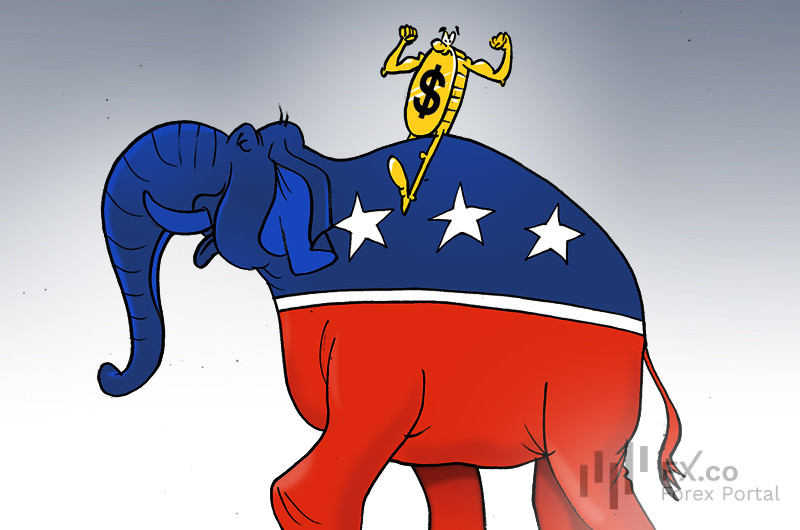
Goldman Sachs predicts that the euro could lose as much as 10% of its value if Donald Trump returns to power and resumes his favorite pastime—imposing tariffs. Strategists at the bank, who are closely monitoring global currency markets, warn that a Republican victory could trigger an increase in tariffs and a decrease in taxes in the United States, leading to a surge in the dollar and a collapse in the euro.
If the government is split, experts anticipate a modest rally for the greenback, lacking significant momentum. Conversely, if the Democrats take the throne, the dollar is likely to lose some ground, with markets reassessing the likelihood of dramatic changes in tariff policy.
Currencies closely tied to US trade policy, especially those linked to China, such as the Mexican peso, Chinese yuan, and South Korean won, are particularly vulnerable to these shifts. The euro and Australian dollar will likely follow suit, as both await a chance to recover from recent market turbulence.
According to Goldman Sachs, if Republicans aggressively target China and tariffs, the yuan could fall to 7.40, while the euro could lose about 3% of its value. In the event of broad-based global tariffs, the euro could potentially drop by as much as 10%, thus highlighting the far-reaching impact of US trade policy.
Meanwhile, the Japanese yen remains a dark horse. With numerous competing factors at play, even experienced Goldman Sachs strategists are hesitant to make bold predictions.
Goldman Sachs also reminds investors that US policy is just one of many factors that influence currency markets. Experts recommend caution and limited reliance on historical data. After all, the events of 2018-2019 have shown that developments can unfold in the most unexpected ways.
 Deutsch
Deutsch 
 Русский
Русский English
English Bahasa Indonesia
Bahasa Indonesia Bahasa Malay
Bahasa Malay ไทย
ไทย Español
Español Български
Български Français
Français Tiếng Việt
Tiếng Việt 中文
中文 বাংলা
বাংলা हिन्दी
हिन्दी Čeština
Čeština Українська
Українська Română
Română

Comments: